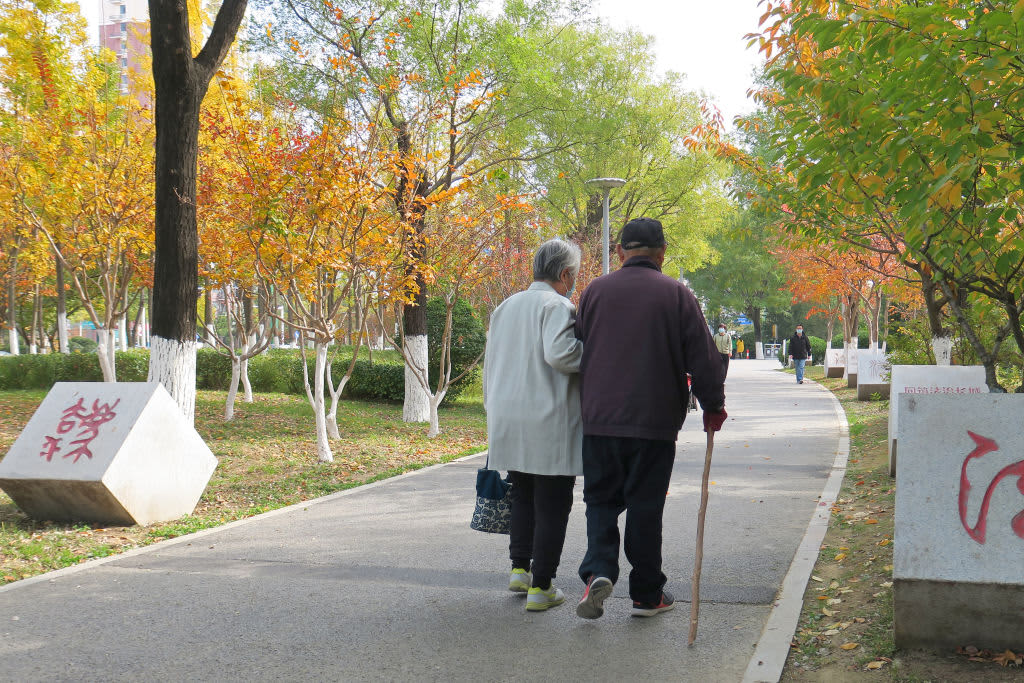
BEIJING — China can’t just rely on increasing childbirths to address its aging population issues, said Du Peng, vice principal of Renmin University of China.
Regardless of how many children are born in China, the number of people who are aged 60 and above will roughly double to more than 500 million in the year 2050, he told reporters during a talk on Wednesday.
To minimize the economic impact of such population changes, he said policymakers can take action today: by raising the retirement age, improving insurance coverage and increasing retirees’ social participation, among other measures.
Du is director of the university’s Institute of Gerontology, which means relating to the elderly. He is also a member of the expert committee for China’s Ministry of Civil Affairs.
China’s population growth has slowed as births drop and lifespans increase. In the last ten years, Beijing has started to unwind strict policies that for about three decades had limited households to one child each.
High education and housing costs, especially in the big cities where more jobs are located, has also discouraged households from having children.
Many countries with similar situations also face aging population issues, in which a shrinking younger workforce has to support a larger portion of the population.
Du said Wednesday he pays close attention to how other countries — particularly Ireland and France — are addressing aging population issues. He also said China was increasing communication with South Korean and Japanese scholars on the topic.
It wasn’t until 2018, while visiting Singapore, that he said he was asked for the first time about China’s experience in handling aging population issues.
The country faces a unique situation in which a significant portion of its elderly live in rural areas instead of cities, Du pointed out.
Source: CNBC
